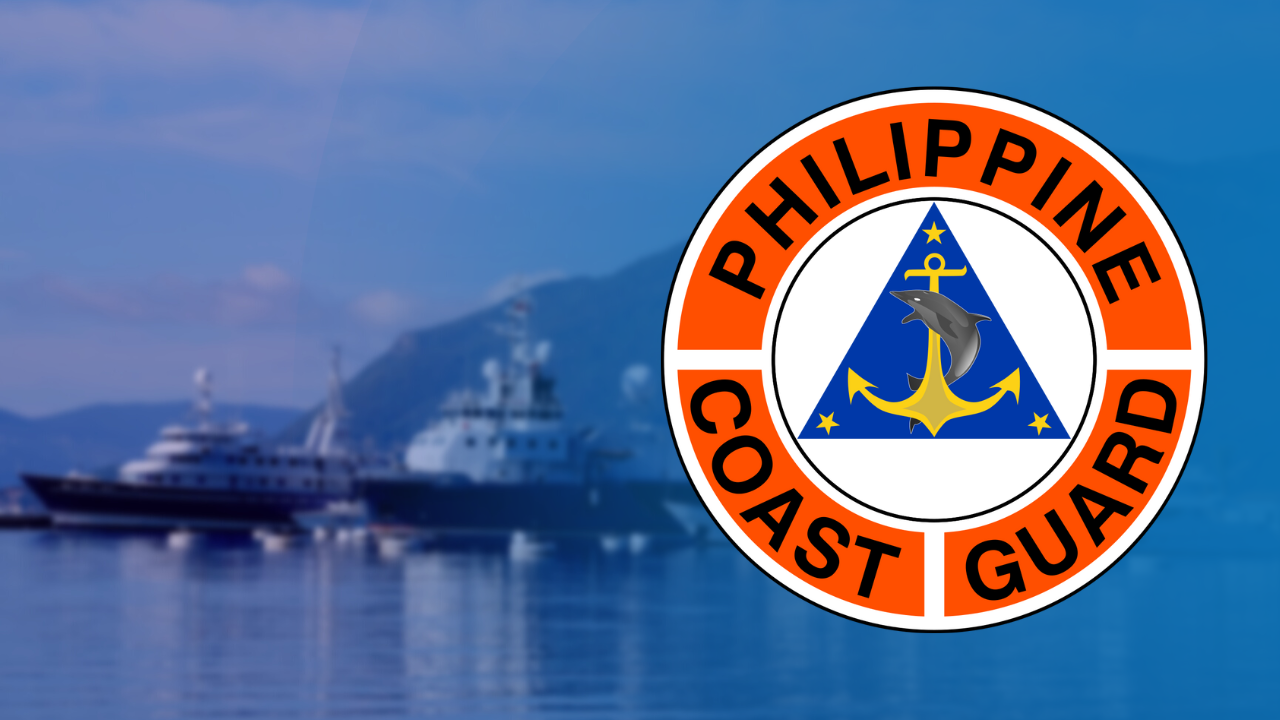
The Philippines will acquire five additional patrol ships from Japan through a P23.85-billion deal signed Friday, May 17, 2024, amid growing tensions in the West Philippine Sea. The Department of Foreign Affairs said in a statement that the vessels will help improve the Philippines Coast Guard’s (PCG) capabilities for maritime operations, particularly in “addressing transnational crimes.” The acquisition of five more patrol ships is under PCG’s Maritime Safety Capability Improvement Project (MSCIP) Phase III. INQUIRER FILES
MANILA, Philippines — The Philippines will acquire five additional patrol ships from Japan through a P23.85-billion deal signed Friday, amid growing tensions in the West Philippine Sea.
The loan is worth around P23.85 billion and was signed by Foreign Affairs Secretary Enrique Manalo and Japanese Ambassador Endo Kazuya.
The Department of Foreign Affairs (DFA) said in a statement that the vessels will help improve the Philippines Coast Guard’s (PCG) capabilities for maritime operations, particularly in “addressing transnational crimes.” The acquisition of five more patrol ships is under PCG’s Maritime Safety Capability Improvement Project (MSCIP) Phase III.
READ: PH to acquire 5 patrol vessels from Japan
“The MSCIP III involves the acquisition of five additional units of 97-meter offshore patrol capable multi-role response vessels coupled with the development of the required support facilities for the PCG and is valued at JPY 64.38 billion [or] approximately PhP 23.85 billion,” the DFA said in a statement.
In his brief remarks following the loan agreement signing, Manalo extended the Philippines’ appreciation to the government of Japan.
“This occasion signifies not only the deepening of bilateral relations between the Philippines and Japan but also underscores our unwavering commitment to enhance our maritime safety capabilities for the benefit of our nation and the broader maritime community,” Manalo said, as quoted in the DFA press release.
Officials from the PCG, Department of Finance, Department of Transportation, and Japan International Cooperation Agency were present during the ceremony.
Tokyo is a top provider of overseas development assistance to the Philippines.
The PCG currently has two 97-meter patrol vessels as part of a fleet seen as inadequate for patrolling waters around the vast archipelago nation.
In recent months, its vessels have been involved in several collisions with Chinese coast guard ships around disputed reefs in the South China Sea, which Beijing claims almost entirely.
READ: PCG to lawmakers: It’s time to modernize in wake of China harassment in West PH Sea
The PCG boats have also been fired on with water cannons by the China Coast Guard, with the latest incident happening on April 30 near the China-controlled Scarborough Shoal.
The triangular chain of reefs and rocks that make up Scarborough Shoal lies 240 kilometres (150 miles) west of the Philippines’ main island of Luzon and nearly 900 kilometers from Hainan, the nearest major Chinese land mass.
Japan invaded and occupied the Philippines during World War II, but the two countries have since grown closer due to trade and investment, and more recently, to counter China’s assertiveness in the region.
As part of efforts to deepen their security cooperation, Manila and Tokyo are negotiating a defense pact that would allow the countries to deploy troops on each other’s territory.
Leaders of Japan and the Philippines – both longtime allies of the United States – were in Washington last month for a trilateral summit with US President Joe Biden.
Tensions over the South China Sea, combined with saber rattling over China’s claims to the self-governing island of Taiwan, have prompted Biden to boost alliances in the region.
Beijing claims most of the waterway, brushing off rival claims from other countries, including the Philippines, and an international ruling that its assertion has no legal basis. With reports from Agence France-Presse


